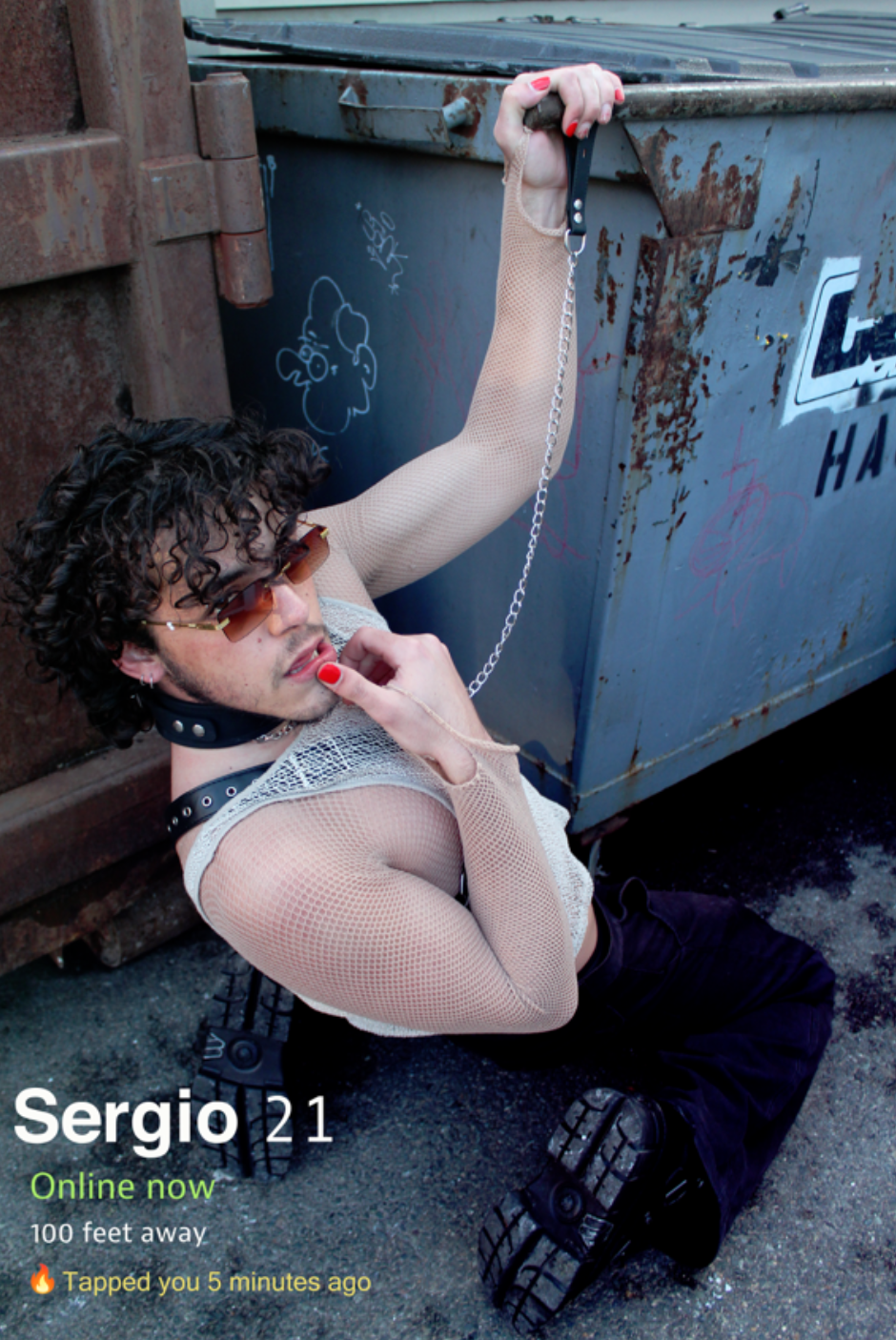Gay Panic: A Look into MLM Nightlife
I recently texted an older boy from Harvard on Tinder. After a few awkward jokes and a bit of flirting, the two of us agreed to meet up for coffee. While he sipped his pristine Americano and I sipped my kids’ meal iced matcha latte, the two of us talked for hours. Somehow, he started discussing the complexities of gay bars, and I ate it up.
For background, I came out fairly early on. However, I have had little to no experience with gay nightlife. Though comfortable in my sexuality, there was just no way for me to experiment in the past. After Harvard Boy brought it up, however, I could not stop thinking about it. He talked about wild experiences: hooking up with older men, dancing with drag queens, but most importantly, finding a sense of community. Like most younger gay men, I had very few role models and friends I could relate to. My mind became clouded with doubts about STDs and deadly roofies, but I knew that it was my rite of passage as a young gay man to find myself within the world of gay nightlife.
Whether we like to believe it or not, gay bars and hookup culture are ingrained into MLM (men-loving men), lifestyle and history. Unlike most heterosexuals, very little sex education exists in the education system for LGBTQ+ youth.
Photography by Talia Smith
An anonymous interviewee says, “Growing up, my middle school didn’t provide any education for queer sex or anything along those lines.” Without role models or adequate education, queer folks often find themselves having to search through unfit materials, specifically porn. The same person went on to say, “Before I even looked up any scholarly articles, it was porn. And that’s such an inadequate thing to learn queer sex from because, I mean, there’s so much wrong with porn.” When education is inaccesible, young queer people have no choice but to explore on their own. As a result, much of the information found is sexually explicit.
Gay clubs often become a way for MLM to find one another romantically, sexually, and platonically. Gay bars serve as a mecca of sorts for likeminded queer people to congregate in comfortable confines. From the Stonewall Inn to Boston’s own Legacy nightclub, these walls have sheltered ostracized homosexual men and other queer folks for generations. One anonymous source says, “The gay nightlife scene has definitely opened my eyes to so much more and propelled my maturity level above and beyond. It’s fun, it’s messy, and it’s a part of my experience as a gay man.” Having such a place allows gay men to feel both normal and jovial.
However, going to gay bars can be problematic. Such paradise also means fearing hypersexualization through groping, age-inappropriate passes from older men, STIs and HIV, plus the concern of roofied drinks. One Emerson student notes, “In Boston, I’ve never really had any ‘great’ experiences because it’s very toxic and sex-driven. The first time I went to a gay club, I literally got groped more times than I can count on my fingers.” The fear of such forced touches and passes is a valid fear for many young gay men. According to a statistic by the Human Rights Campaign, “40% of gay men and 47% of bisexual men have experienced sexual violence other than rape, compared to 21% of straight men.” MLM are highly at risk, and gay bars can be a perfect location for such horrors.
Despite the systemic issues, gay nightlife is a major aspect of the MLM world. Though some would argue that gay bars are entirely problematic, I would argue that a lack of education is deeply embedded within this issue. One solution would be to provide queer youth with true representation in sex education classes. To desexualize gay men, we need to create spaces in which queerness can be embraced. I firmly believe that gay nightlife should not be erased. It benefits the community in creating comfortable ways for MLM to meet other MLM. By eliminating the queer community’s obsession with hookup culture and creating educational environments, gay men can collect themselves in exciting spaces to feel seen while also feeling safe. Under these contexts, I would feel much safer taking this step into the exploration of my identity. I want to be able to explore myself like Harvard Boy has—dancing with queens and finding a sense of belonging. If and when I do, I hope to see such changes made.

